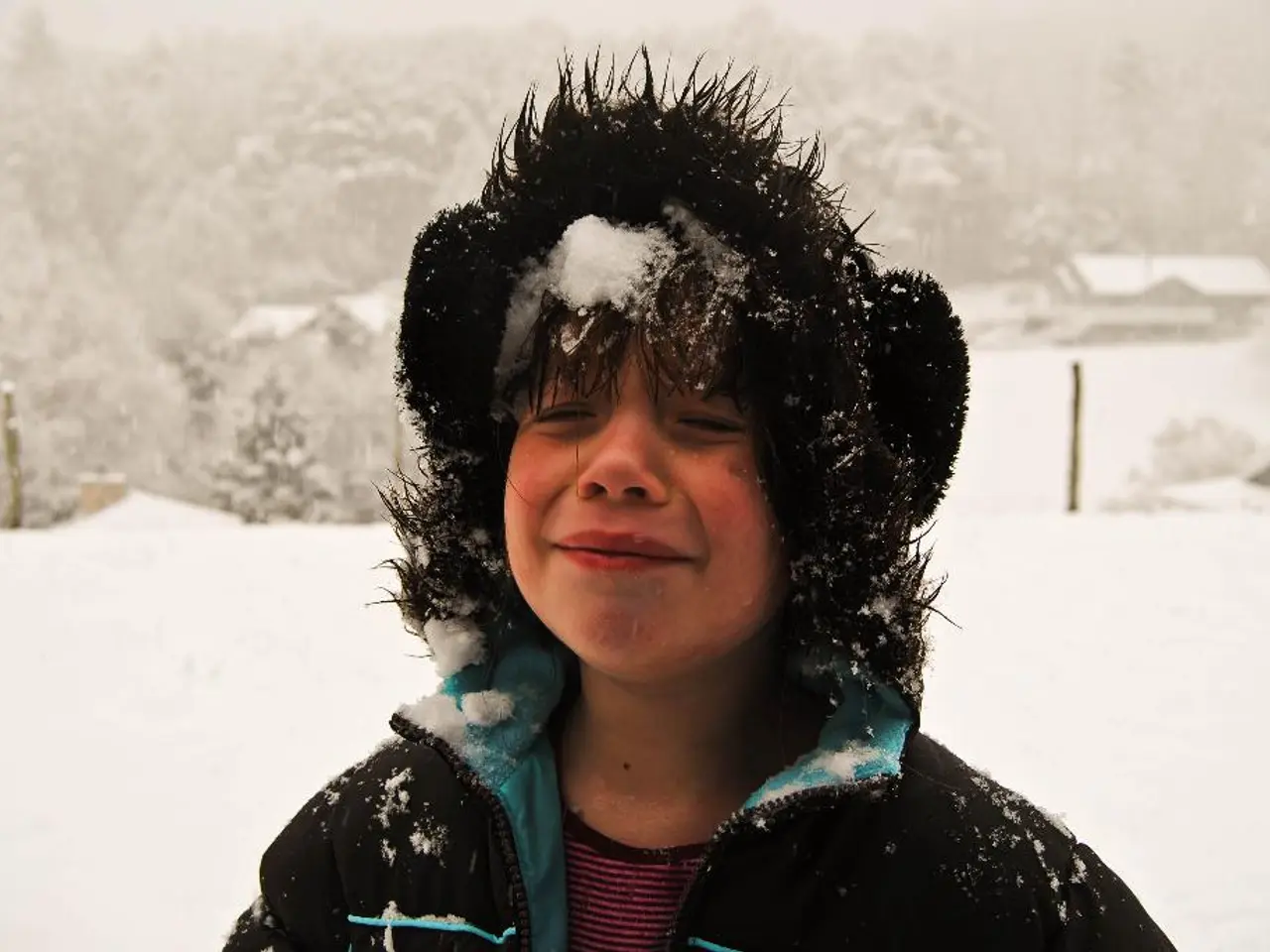"Childhood Trauma from Physical Punishment: Spanking isn't an Expression of Love,but Rather a Manifestation of Anger"
In the quiet corners of childhood, rules were sacrosanct for me. I was a well-behaved child, asking questions to avoid punishment, a strategy that became second nature as I grew up. However, one memory stands out, a memory that has left an indelible mark on my life: the fear that accompanied each spanking.
The sound of a spanking, the sting of pain, and the terror that followed have stayed with me, forever doubtful of my safety. This fear was so profound that it extended into my adult years, causing me to avoid loud noises and certain situations. For instance, I had to get rid of a vacuum due to the fear of its loud whirring sound, and I still struggle with anxiety on amusement park rides, airplanes, and anything that involves soaring through the air.
My early years were also marked by battles with depression and low self-esteem. At the tender age of 12, I made my first suicide attempt. The years that followed were a struggle, a battle against feelings of worthlessness that were communicated to me through those spankings.
The movie "The Tree of Life" by Terrence Malick perfectly captured this experience of growing up getting hit. The character young Jack, played by Hunter McCracken, asks his father if he wishes the writer were dead, a scene that resonates deeply with me. This scene, I believe, accurately represents the impact of hitting on a child.
Hitting a child, I believe, communicates hatred and subverts the need to talk and reason out wrongdoing. It does not teach, but burdens the child, and does not communicate love. This is a sentiment shared by many, including those who have spoken out against the practice.
Recent events have brought this issue to the forefront once again. Adrian Peterson, the Minnesota Vikings running back, was charged with reckless or negligent injury of a child due to allegations of spanking his 4-year-old son with a switch. The debate surrounding the use of corporal punishment in child-rearing continues, with some, like Peterson's mother Bonita Jackson, arguing that spanking is about love and preparing children for the real world.
However, my personal experience tells a different story. The fear, the anxiety, the feelings of worthlessness - these are not lessons that should be taught to a child. Instead, they are burdens that last a lifetime.
In my adult life, I have sought therapy for over a decade to cope with the anxiety and depression that stemmed from my childhood experiences. My fiancé, understanding the impact of these experiences, is careful to make noise when entering a room and to wake me gently.
The search for the author of the book titled "The Tree of Life" has led to various works and contexts, but the author remains unconfirmed. Regardless, the book's themes resonate with me, serving as a poignant reminder of my past and a testament to the power of healing and self-discovery.
Through sharing my story, I hope to shed light on the lasting impact of childhood trauma and the importance of open dialogue about corporal punishment. It is my hope that future generations will grow up in an environment where they are loved, nurtured, and taught without fear.
Read also:
- Peptide YY (PYY): Exploring its Role in Appetite Suppression, Intestinal Health, and Cognitive Links
- Toddler Health: Rotavirus Signs, Origins, and Potential Complications
- Digestive issues and heart discomfort: Root causes and associated health conditions
- House Infernos: Deadly Hazards Surpassing the Flames






